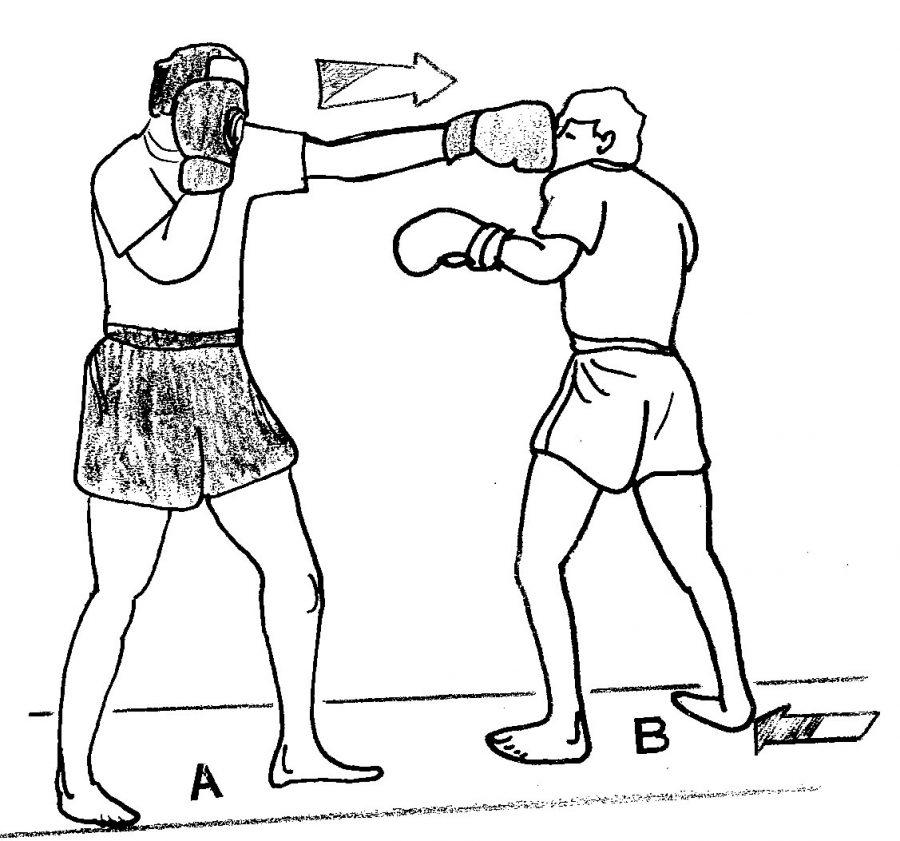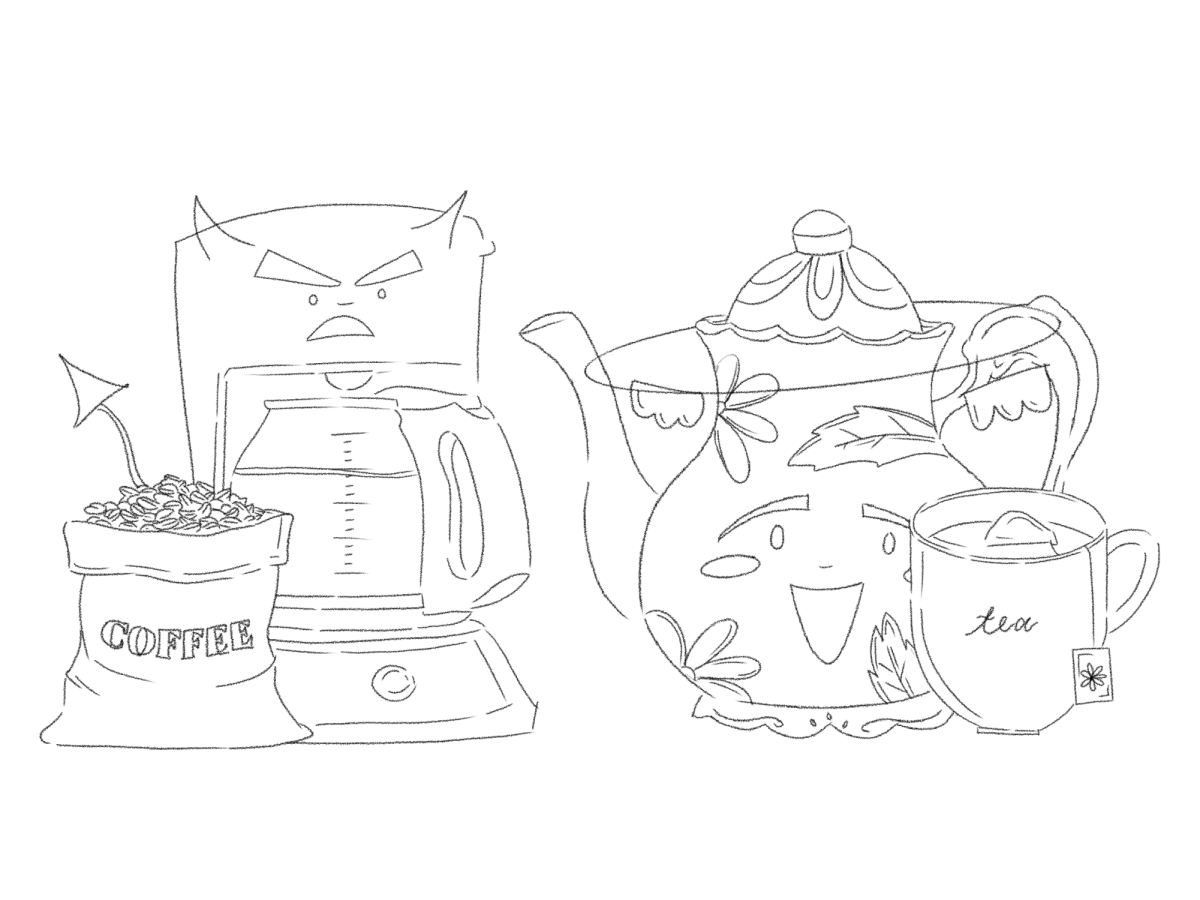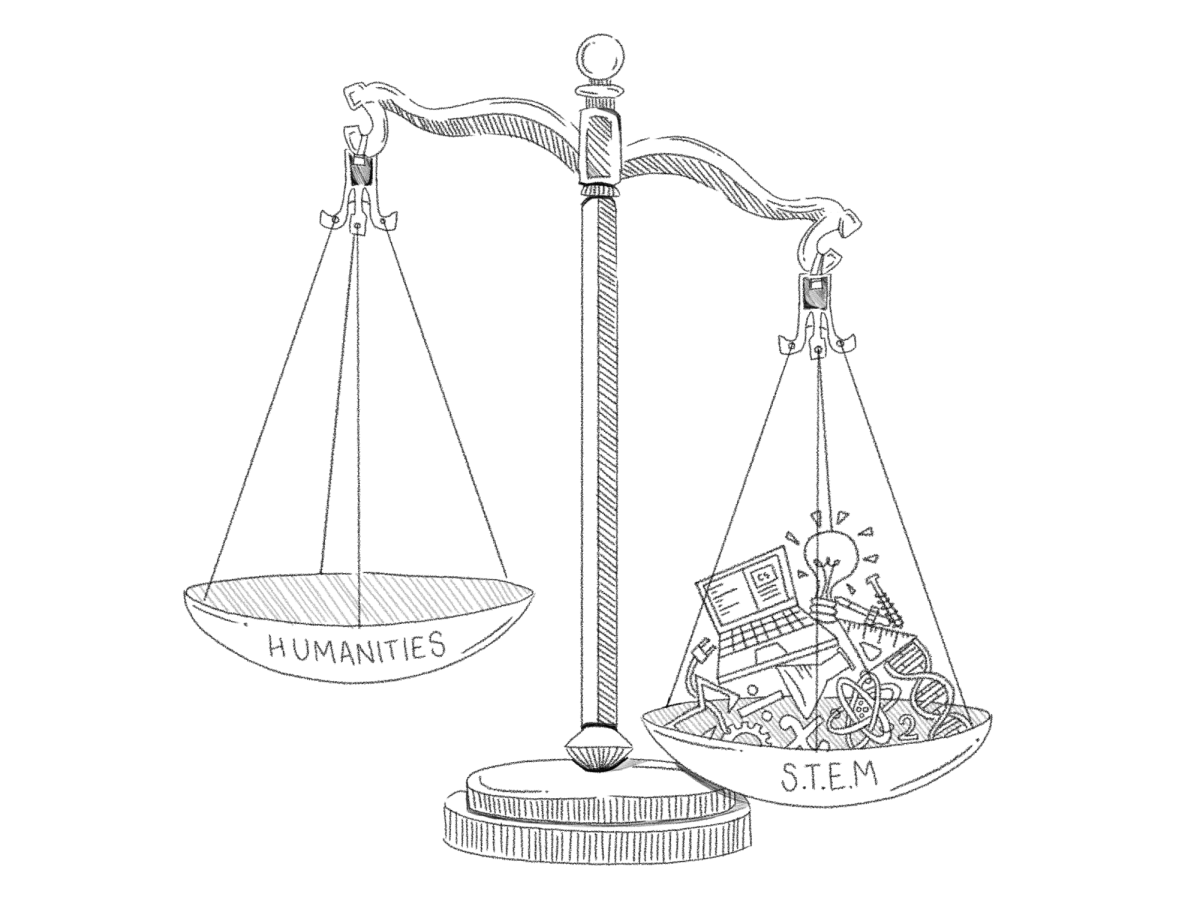Our relationships with others are widely based on teasing. Why do we interact like that with friends?
Claudia Corrigan | Opinions and Co-Spread Editor
Photo by Alain Delmas
I have long wondered why our primary mode of interaction in relationships involves taunting, teasing, and torment.
In a broad sense, we can accept the infrequent comments from a badgering bully – this individual hardly knows us. They know us enough to call us out for whatever seems to have offended or caught their attention, but, beyond that, their comments are empty.
However, jabs from our close friends (and, often, relatives) pose a completely different threat. There is no one who knows you better than your family and friends. They have obviously chosen a relationship with you based on agreeable qualities or personality types, but besides knowing your strengths as well as their own, these people know your flaws. They know the root of your flaws, the innermost tic in your mind that pushes you to continually scratch your scalp or play with the tips of your eyelashes. Your friends cannot only point out the physical action that embodies your flaws, but they can also identify basis of your actions.
What is frightening about constant digs from your friends (because how else would you sustain conversation) is the question that is posed for yourself? Do I allow myself to confide in this person or should I keep my deepest secrets underveil?
If all relationships are based off teasing, we have a choice to make regarding how deep the jabs of torment may go. A person must choose between building a basis for their relationships and risking constant, truthful torment that irks them where it counts or keep themselves a mystery and avoid outward torture.








